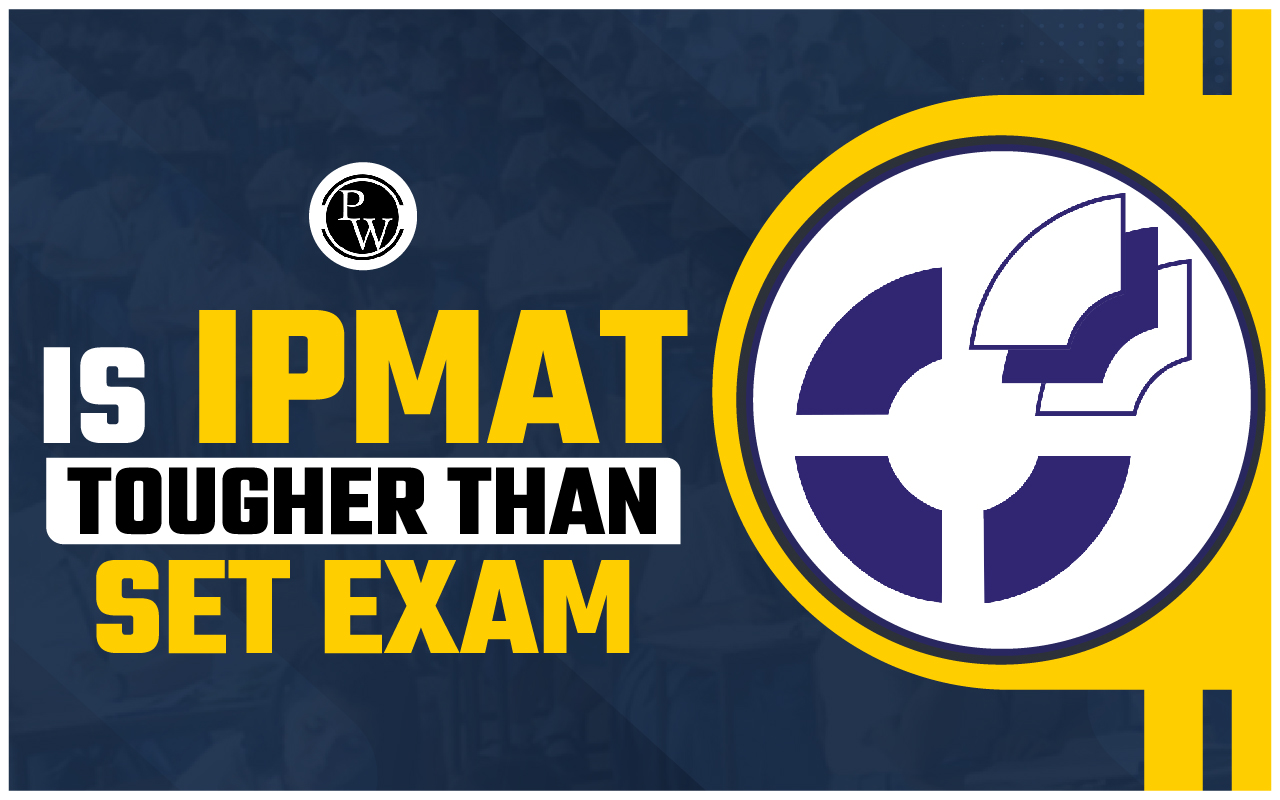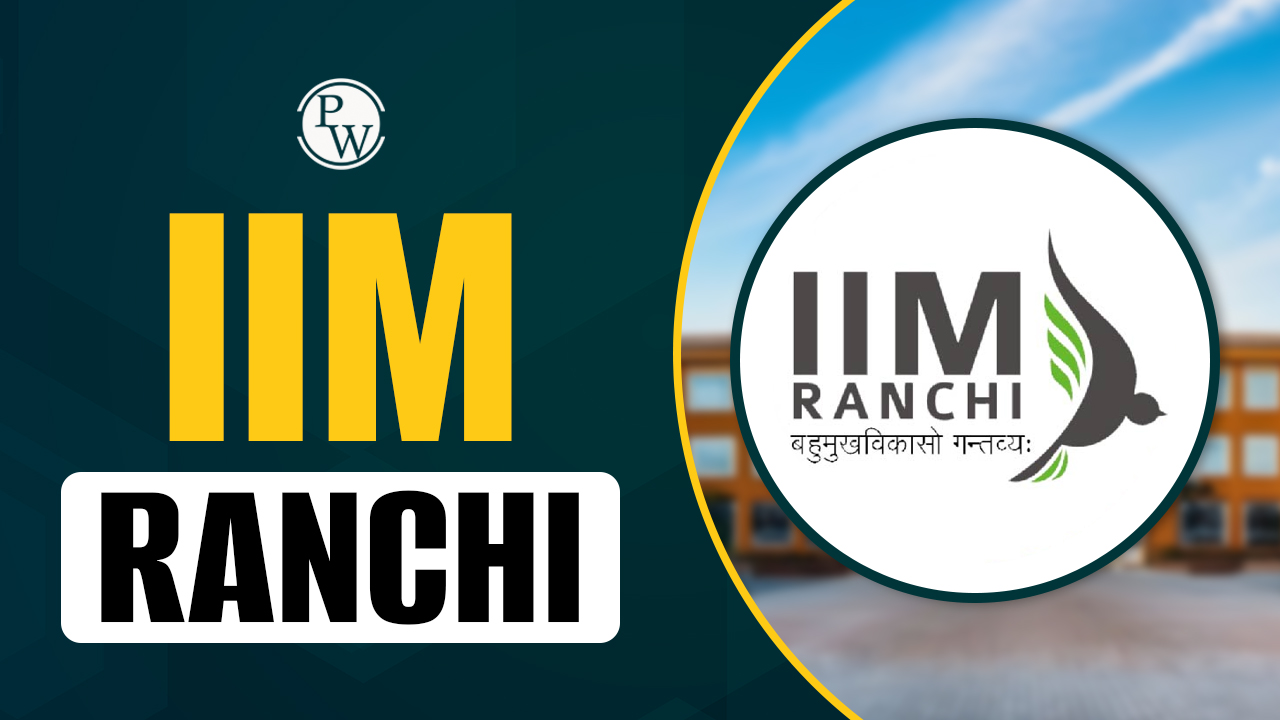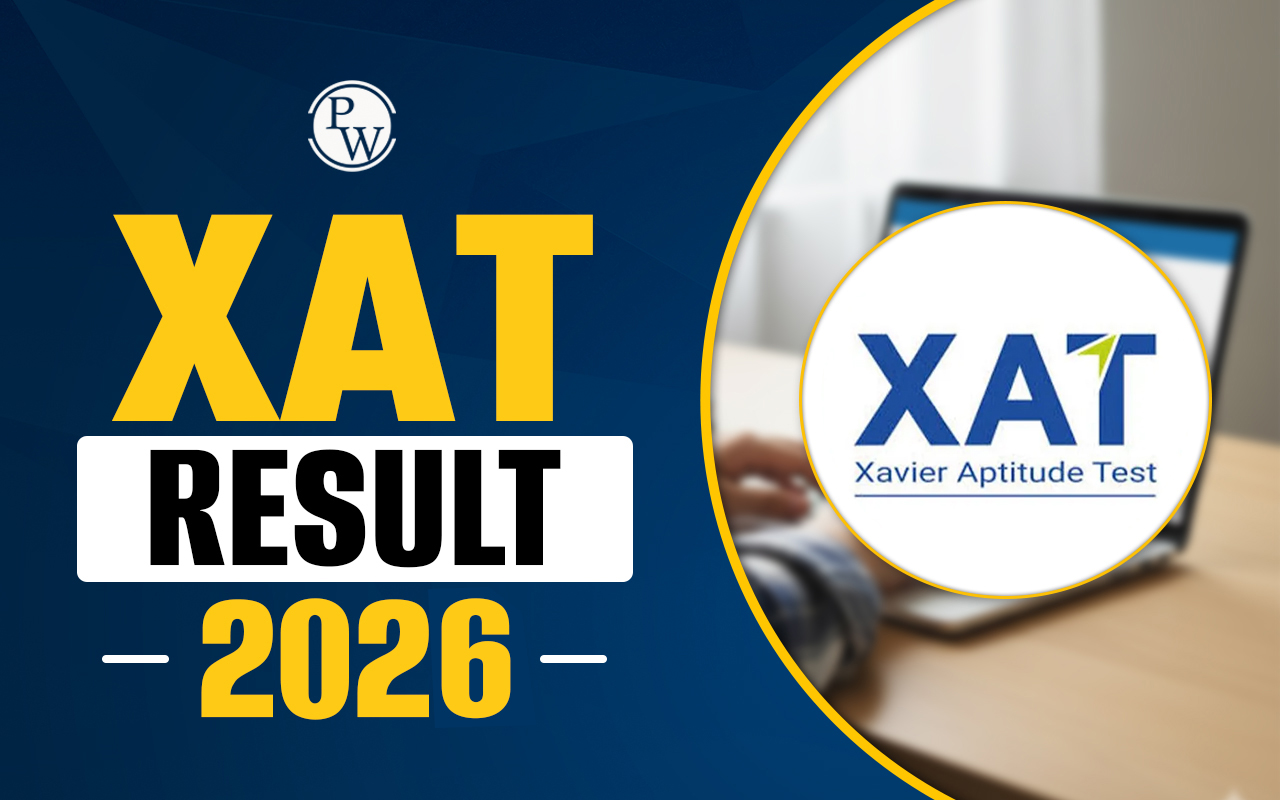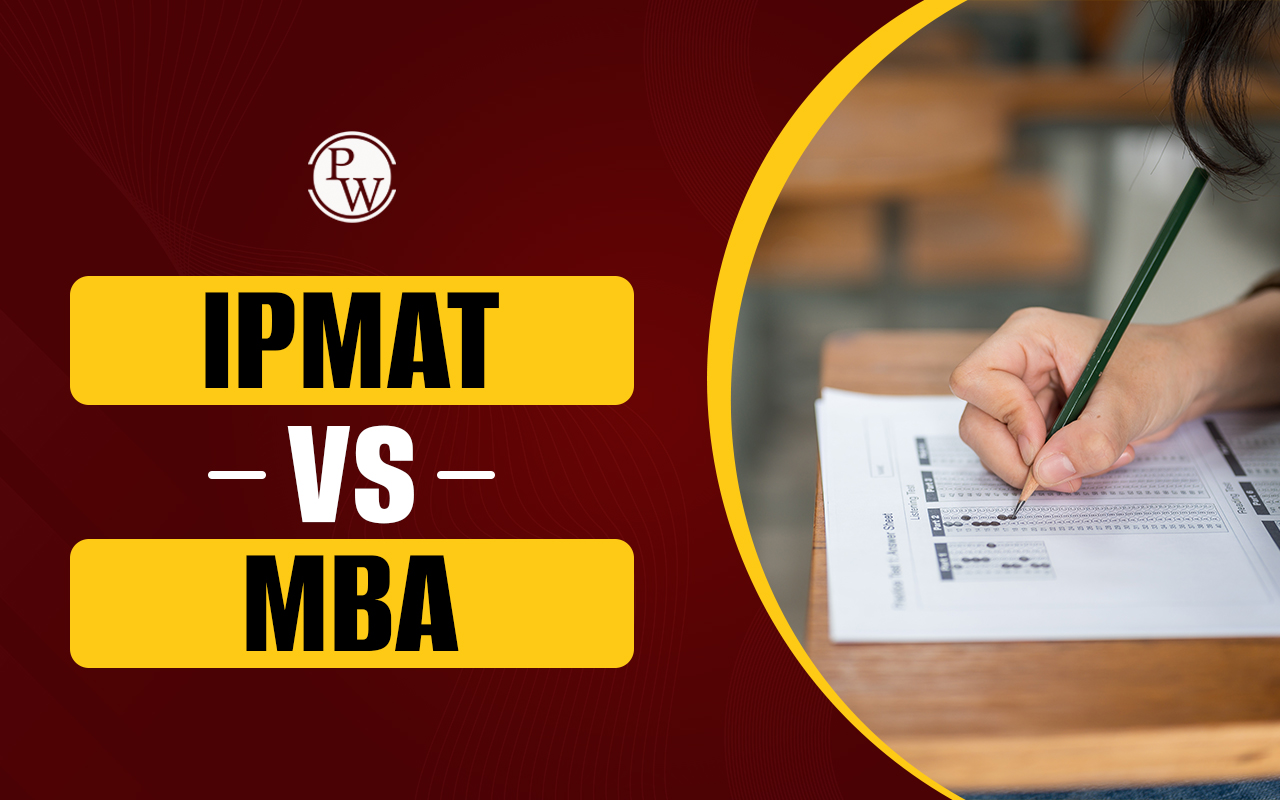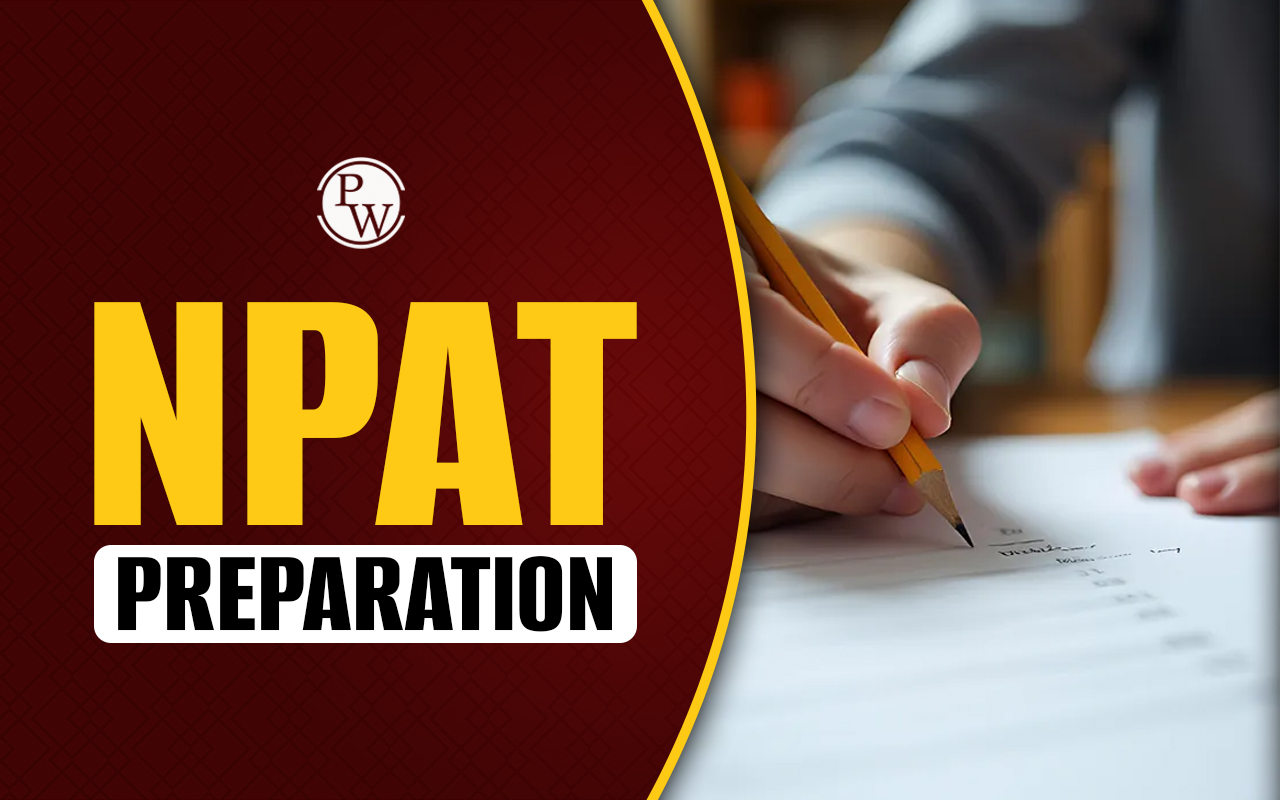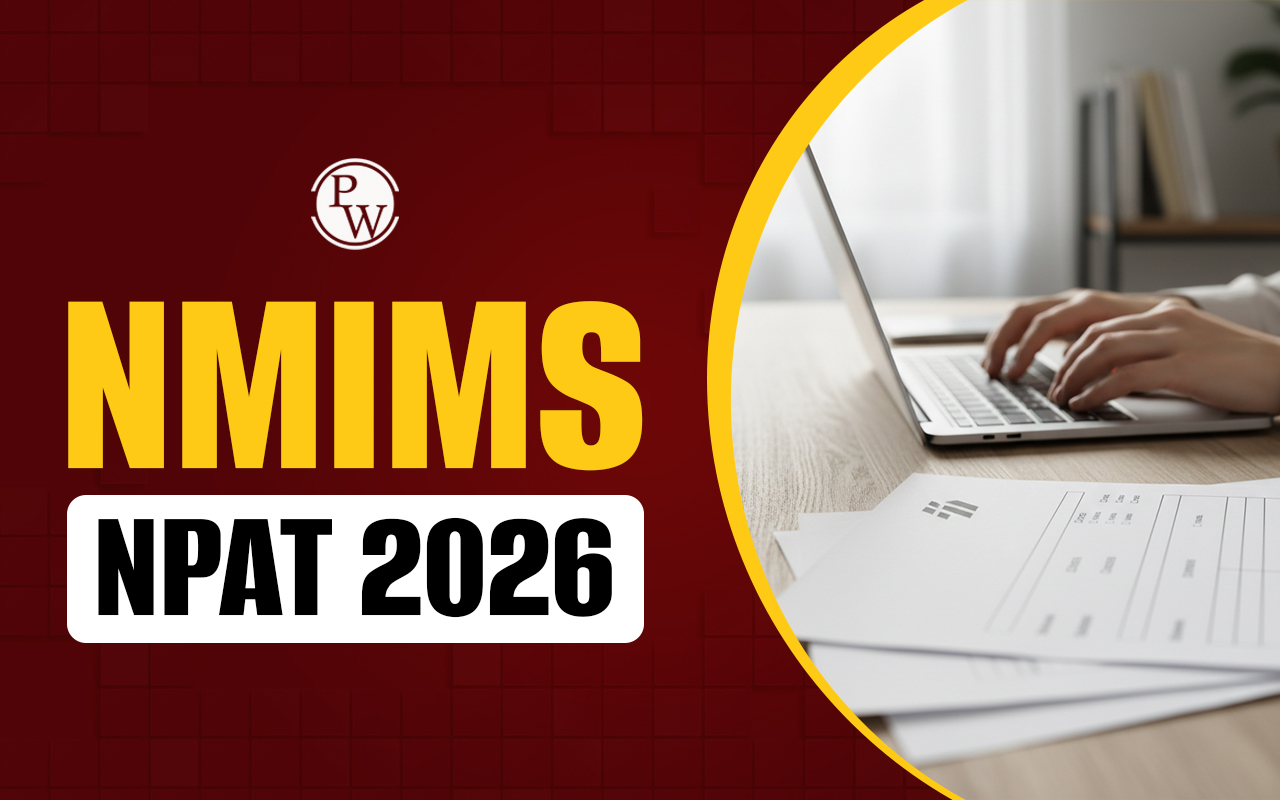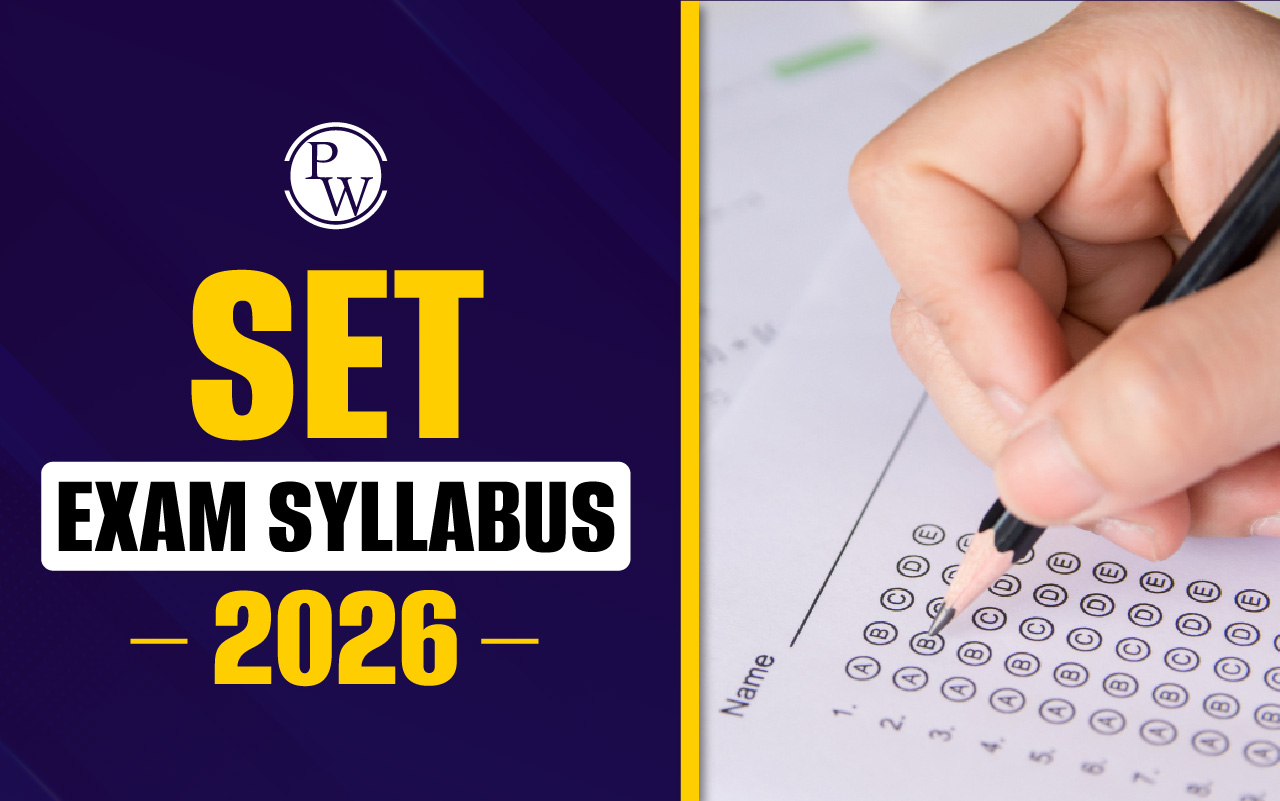
IPMAT Exam Pattern: The IPMAT 2025 exam structure is crafted to evaluate a candidate’s proficiency across multiple subject areas. Conducted in a computer-based format (CBT), the test is divided into three sections: Quantitative Ability (MCQs), Quantitative Ability (Short Answers), and Verbal Ability.
The Quantitative Ability section features 40 multiple-choice questions, along with a separate segment of 20 short-answer questions. The Verbal Ability section includes 40 multiple-choice questions as well. The total duration of the exam is 90 minutes, with an equal time limit of 30 minutes allotted to each section. In terms of scoring, candidates receive +4 marks for every correct response.
IPMAT Exam Pattern Overview
The Integrated Programme in Management Aptitude Test (IPMAT) is a prestigious national-level entrance exam conducted by IIM Indore for admission into its five-year Integrated Programme in Management (IPM). Additionally, IIM Rohtak also considers IPMAT scores for entry into its own IPM course.
Below is an overview of the IPMAT exam pattern 2026 for candidates aiming to pursue this dual-degree management program.
|
IPMAT Exam Pattern Overview |
|
|
Parameters |
Details |
|
Number of Stages |
Aptitude Test and Personal Interview |
|
Exam Mode |
Computer-Based Test (Online) |
|
Number of Questions |
100 |
|
IPMAT Exam Time |
90 minutes (1.5 hours) |
|
Total marks of IPMAT |
360 |
The IPMAT 2026 exam is divided into three sections:
-
Quantitative Ability (MCQs): This section consists of 40 multiple-choice questions (MCQs) based on topics such as Time and Distance, Data Interpretation, Averages, Geometry, Mixtures and Allegations, Numbers, Profit and Loss, Simple Equations, and Permutation and Combination.
-
Verbal Ability (MCQs): This section includes 40 MCQs covering topics like Grammar, Preposition, Synonyms, Antonyms, Sentence Correction, Fill ups, Articles, Vocabulary, Proper Usage of words, and Error Spotting.
-
Quantitative Ability (Short Answers): This section consists of 20 short answer questions based on the same topics as the Quantitative Ability (MCQs) section.
Note: Each correct answer in the MCQ sections carries +4 marks, while there is no negative marking for incorrect answers. In the short answer section, each correct answer carries +4 marks, and there is no negative marking.
IPMAT Exam Pattern 2026
The Integrated Programme in Management Aptitude Test (IPMAT) is a national-level exam conducted by the Indian Institute of Management (IIM) Indore for admission to its Integrated Programme in Management (IPM). The IPMAT 2025 exam pattern is crucial for candidates to understand the structure and format of the test to prepare effectively.
|
IPMAT Exam Pattern 2026 |
|||
|
Section |
Number of Questions |
Type of Questions |
Marking Scheme |
|
Quantitative Ability (MCQs) |
40 |
Multiple Choice Questions (MCQs) |
+4 for every correct answer, -1 for every wrong answer |
|
Verbal Ability (MCQs) |
40 |
Multiple Choice Questions (MCQs) |
+4 for every correct answer, -1 for every wrong answer |
|
Quantitative Ability (Short Answers) |
20 |
Short Answer Questions |
+4 for every correct answer |
Exam Duration and Structure
The IPMAT 2026 is a two-hour computer-based examination designed to evaluate candidates across three key sections: Quantitative Ability (Multiple Choice Questions), Verbal Ability (Multiple Choice Questions), and Quantitative Ability (Short Answer Questions). The test includes a total of 100 questions, carrying a maximum score of 240 marks.
Marking Scheme
Understanding the marking scheme is essential for candidates aiming to perform well in the IPMAT 2026 exam. A clear grasp of how marks are awarded and deducted can help in building an effective answering strategy. By knowing which sections carry negative marking and which do not, test-takers can better manage their attempts and reduce the risk of unnecessary score deductions.
The IPMAT 2026 marking structure is outlined below:
-
+4 marks are awarded for each correct answer in the Quantitative Ability (MCQs) and Verbal Ability (MCQs) sections.
-
+4 marks are also granted for every correct response in the Quantitative Ability (Short Answer) section.
-
-1 mark is deducted for each incorrect answer in the Quantitative Ability (MCQs) and Verbal Ability (MCQs) sections.
-
There is no negative marking for incorrect answers in the Short Answer section.
Sections and Topics
To prepare effectively for IPMAT 2026, candidates must be well-acquainted with the structure and subject areas covered in the exam. Each section is designed to test specific skills crucial for success in a management program, such as logical reasoning, language proficiency, and numerical ability. Familiarity with the topics under each section can help aspirants focus their preparation and allocate time accordingly.
The table below provides a detailed summary of the sections and the key topics included in the IPMAT 2026 exam:
|
Sections and Topics |
|
|
Section |
Topics |
|
Quantitative Ability (MCQs) |
Number System, Arithmetic Problems, Algebra, Geometry, Modern Maths |
|
Verbal Ability (MCQs) |
Grammar, Vocabulary, Reading Comprehension |
|
Quantitative Ability (Short Answers) |
Number System, Arithmetic Problems, Algebra, Geometry, Modern Maths |
IPMAT Selection Process 2026
The IPMAT (Integrated Programme in Management Aptitude Test) selection procedure conducted by IIM Indore is a multi-stage process designed to identify well-rounded and high-potential candidates for its five-year Integrated Programme in Management. The selection process is structured to evaluate both academic aptitude and personal competencies. Candidates must perform consistently well at each stage to move forward in the admission cycle. The entire process ensures fairness, transparency, and inclusivity across various categories.
Here’s a breakdown of the five key stages involved in the IPMAT 2026 selection process:
-
IPMAT Registration: Aspiring candidates are required to complete the application process through the official online portal within the specified deadline.
-
IPMAT Aptitude Test 2026: This is a computer-based examination comprising three sections—Quantitative Ability (MCQs), Quantitative Ability (Short Answer), and Verbal Ability (MCQs). The test runs for 2 hours and has a maximum score of 240 marks.
-
Shortlisting for Personal Interview: Candidates who meet or exceed the minimum qualifying marks, as decided by the Admissions Committee, are shortlisted for the next phase. Cut-offs are section-specific and vary depending on the category of the applicant.
-
Personal Interview (PI): Shortlisted candidates appear for a personal evaluation round. This can be conducted either as a video-based assessment or a traditional in-person interview, where communication skills, clarity of thought, and overall personality are assessed.
-
Merit List and Final Selection: The final merit list is compiled based on the combined performance in both the aptitude test and the personal interview. IIM Indore aims to maintain a diverse batch, selecting candidates from different educational, regional, and socio-economic backgrounds.
IPMAT Exam Pattern 2026 FAQs
What is the IPMAT 2026 exam pattern?
How many questions are there in each section of the IPMAT exam?
What is the marking scheme for IPMAT 2026?
What topics are covered in the Quantitative Ability section?
What is the structure of the IPMAT selection process?


